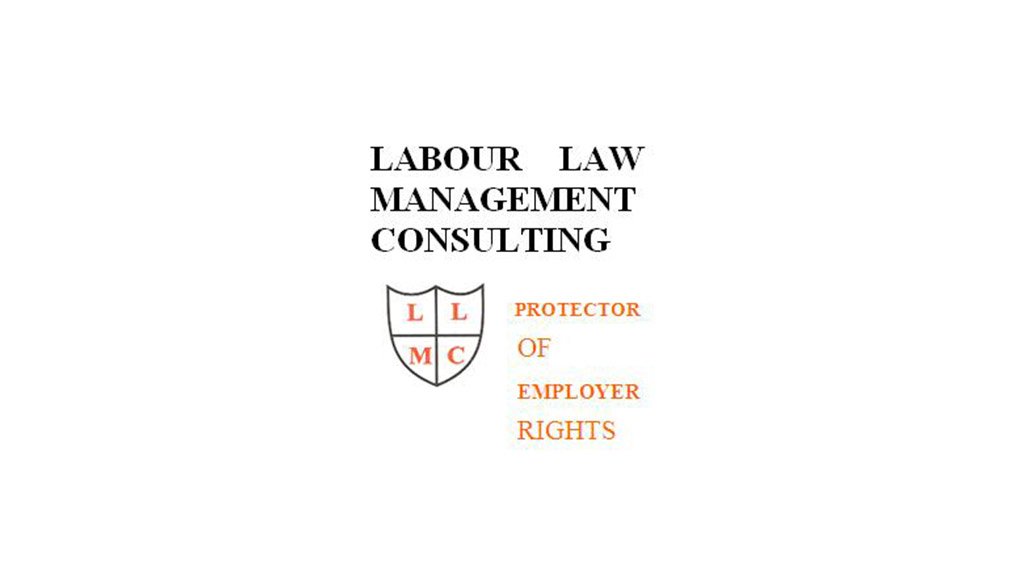The Labour Relations Act (LRA) was developed by negotiation between government, employers and trade unions. Due to the fact that parties had substantially different agendas they were often unable to agree on a number of important details of law which were therefore omitted from the LRA. Some detail as to the intention of the law is provided in the form of codes of good practice. For example, included in Schedule 8 of the LRA is The Code of Good Practice: Dismissal which guides parties as to procedures and principles that should be followed.
However, despite these codes the LRA still lacks some important detail such as in what circumstances an employer may fairly increase a penalty imposed on an employee.
For example, in the case of Fourie vs Capitec Bank (2005, 1 BALR 29) Fourie was dismissed for failing to take out arrear cards. The arbitrator found that the employee had previously been given a final warning for the very same incident of poor performance. The dismissal was therefore found to be unfair and the employer was required to pay the employee compensation equivalent to 6 months’ remuneration. However, other decisions have allowed such penalty revisions in exceptional circumstances.
While it is clear from the above that we cannot take any one case decision as gospel employers are still advised to keep up with case law in their efforts to discover what fair treatment really means. This is because:
- in many areas the CCMA and courts have agreed with each other and principles based on patterns of decisions are beginning to emerge in some areas of labour law.
- there are a few case law decisions that, while not yet part of a pattern, have been so well conceived and reasoned that they provide valuable guidelines to employers and employees.
The real challenge when turning to case law for help is to be able to:
Understand fully what the arbitrator or judge is saying in his/her finding and in grasping the meaning of the reasoning behind the decision
- Understanding why two courts come up with different findings
- Identify those case decisions that are truly relevant to our own case
- Identify patterns and principles arising from a series of cases so as to extract the legal principles highlighted by these patterns
- Accurately and validly apply the principles of case law to our own cases
- Be able to argue why a case decision refuting the outcome we seek should not be accepted
- Be able to use case law wisely in implementing discipline and dismissal at the workplace.
The ability to use case law wisely and effectively in the light of the pitfalls outlined requires highly intricate skills developed over many years. Employers therefore require intensive guidance from experienced experts in labour law in order to be able to apply the inexact science of case law analysis and application.
To access our free labour law expert debate page please go to http://labourlawadvice.co.za/wp-admin/, click on the Labour Law Debate tab on the home page and subscribe by clicking on “Register here”. For enquiries please contact Ivan Israelstam via ivan@labourlawadvice.co.za or 011-8887944.
Written by Ivan Israelstam, Chief Executive of Labour Law Management Consulting. He may be contacted on (011) 888-7944 or 0828522973 or via e-mail address: ivan@labourlawadvice.co.za. Website: www.labourlawadvice.co.za.
EMAIL THIS ARTICLE SAVE THIS ARTICLE ARTICLE ENQUIRY
To subscribe email subscriptions@creamermedia.co.za or click here
To advertise email advertising@creamermedia.co.za or click here











